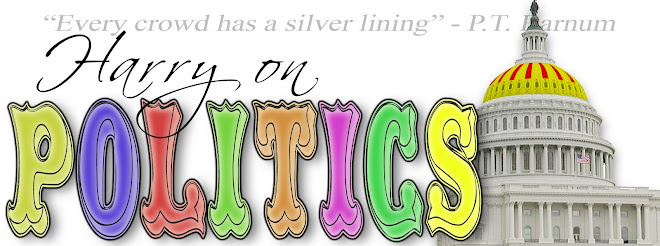Sunday, October 16, 2011
The Politics of Filmmaking
It all pissed me off, major.
1st thing: the psychology of film teaches us that watching a film creates a dream-like state; it's the reason we are able to suspend disbelief as much as necessary for a film to work in our minds. But in particular, a film requires the viewer to identify with some aspect of the film, hopefully the lead characters. In our subconscious, it's just not feasible to ask our minds to identify with a character outside of what we look like, and how we behave. Some call this racist, I call it reality; so would Freud.
2nd thing: those hillbillies are the guys who made that producer a billionaire. And he wants to denigrate them? But yes, he denigrates his customers.
Remember this the next time you go to the movies:
1. That the people making the film don't think much of you
2. They are happy to make the thing they think you want, irrespective of what they themselves think; a question of integrity, maybe?
3. They are happy to take your money and complain about you all the way to the bank.
Thursday, October 6, 2011
Why Overseas Manufacture Makes Better Sense
According to the Indian government, fingerboard "blanks" -- the wood that will eventually become a guitar's fretboard -- are legal to export.
"Fingerboard is a finished product and not wood in primary form," Vinod Srivastava, India's deputy director-general of foreign trade, stipulated in a letter dated Sept. 16. "The foreign trade policy of the government of India allows free export of such finished products of wood."
The U.S. government disagrees. In its affidavit to search Gibson, U.S. Fish and Wildlife Service considers fingerboard blanks to be raw materials, not finished product -- illegal to export from India and, therefore, illegal to import into the United States.
What's more, according to the complaint, the Gibson wood was imported with an incorrect tariff code, which was off by one digit from the correct code. Luthiers Mercantile International, the company that imports the wood for Gibson, claims that was a simple clerical error. The difference in the codes refers to the thickness of the wood -- more than or less than six millimeters in thickness.
